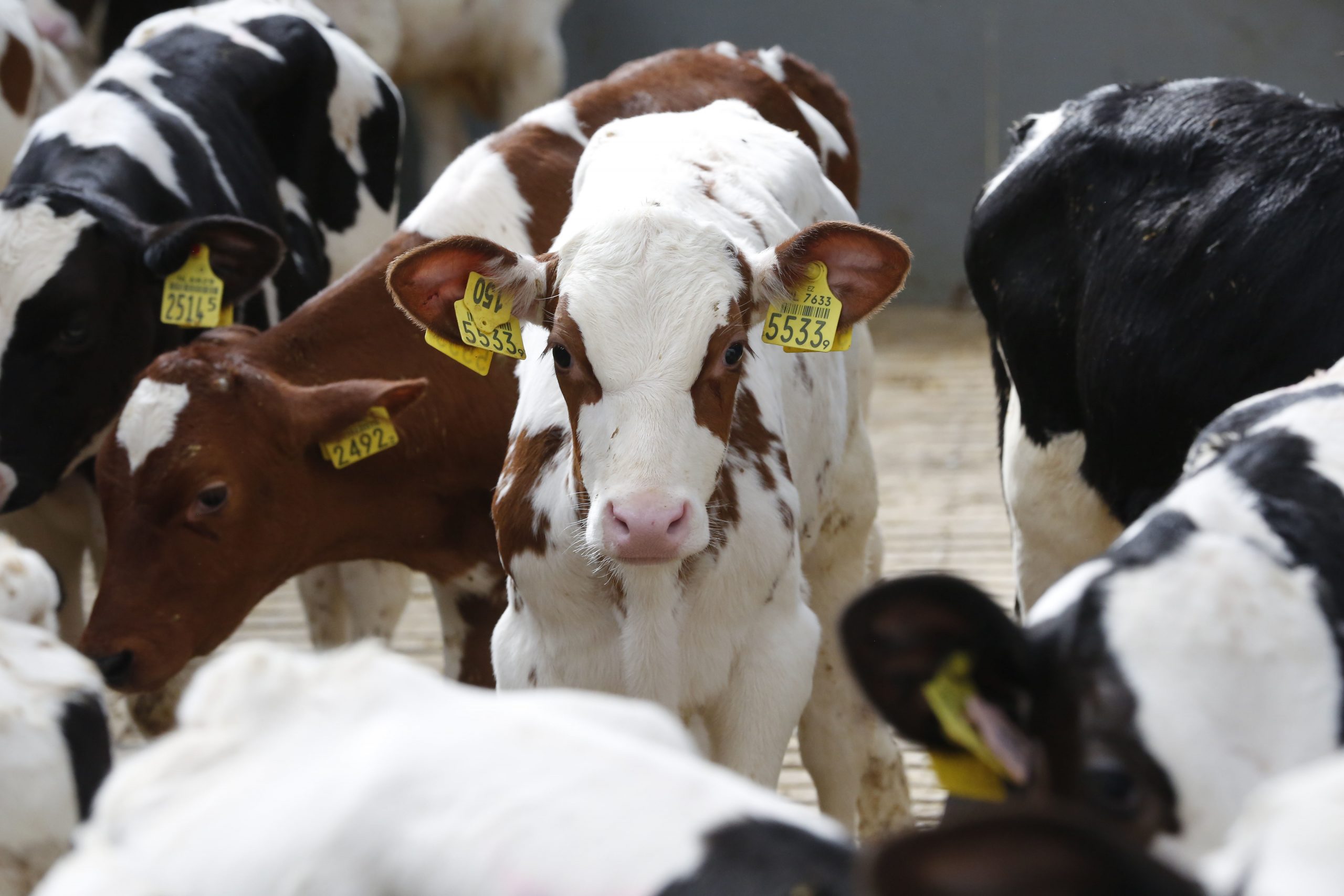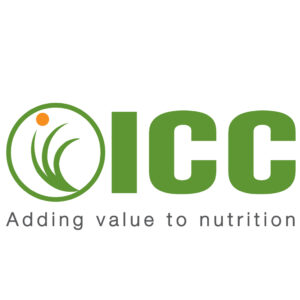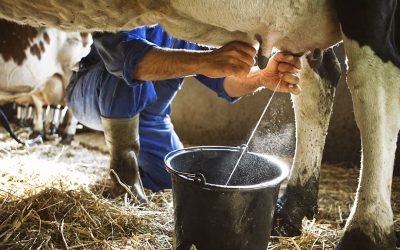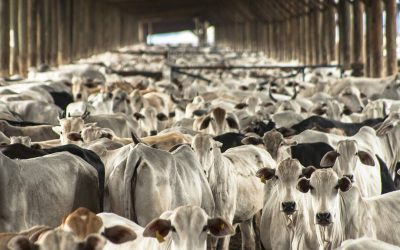Intestinal modulators favour immunity

The first 8 weeks are crucial for the development of the immunological system of calves. First, colostrum guarantees protection to the animal; thereafter supplementing the creep feeding with MOS promotes immunity.
Few livestock farmers understand the importance of the microbiota for the development and health of cattle throughout their lives. The first colonisation (first 8 weeks) will define functional efficiency, nutrient absorption capacity and the development of the immune system throughout the life of the animal.
This process is influenced by several factors, such as colostrum quality that will provide a laxative, antiseptic, immunological, nutritional action. Also, this should be rich in MOS (mano-oligosaccharide) that selects beneficial microorganisms that must multiply in the intestines and inhibit the multiplication of the pathogenic bacteria that can cause inflammations, causing irreversible damage to the intestinal villi.
Strengthening the immune system
After colostrum ingestion, about 30 days of life, it is important that calves receive supplements containing intestinal modulators capable of strengthening their immune system and ensuring good rates of growth. The faster this occurs, the greater the absorption by the intestines of maternal immunoglobulins (defence cells), which will protect the calves for months.
A series of immunological response modulators, such as MOS and the β-glucans, have been included in diets and their mechanisms of action involve:
- Agglutination of pathogenic bacteria, especially those of type I fimbriae, such as Salmonella and E. coli, decreasing their adherence to the intestinal mucosa and carry them together by faeces.
- Binding to macrophages, providing a chain reaction, which results in cell activation and cytokine release, via the classic inflammatory response. As a result, the animal’s ability to obtain the innate immune response (first reaction of the defence system to an autogenic invader) increases, which is much more biologically ‘cheap’ in energy and enzymes, and can avoid the use of the ‘expensive’ immune system inflammatory process, major energy spender, and enzymatic reactions. The more efficient the innate immune system is, the more resistant the animal is to the invader’s pathogens and the less energy and enzyme expenditure will be.
- The increase of the immunoglobulins synthesis (antibodies), especially IgA, present in blood, mucus, saliva, and colostrum.
- β-glucans has a strong action on mycotoxins without the drawback of binding to essential minerals and vitamins present in the diet, impairing the metabolism of these substances.
Benefits of yeast supplementation
Yeast has been widely used in ruminant nutrition as a source of MOS and β-glucans and extensive literature has proven its benefits. ImmunoWall, produced by ICC Brazil, is a pure cell wall from Saccharomyces cerevisiae yeast originating from sugarcane fermentation process for ethanol production. This final product is highly purified and with high concentrations of MOS (around 20%) and β-glucans (around 35%), besides that, it has an excellent cost-benefit relation.
The product has already been tested and approved through over 20 studies in Universities and Research Centres in Brazil and abroad. It is present in various countries, and it can also be used as a strategy in food biosafety which can reflect on the improvement of animal performance.
Maintaining the correct balance
The regulatory role of the microbiota is of extreme importance and helps to maintain an adequate pH in the intestine, through the synthesis of organic acids. These create an unfavourable environment for the pathogenic bacteria; assist in the balance between cations and anions in the diet; in the absorption of nutrients by the villi and in water metabolism; favour electrolyte balance (sodium and potassium); promote protein metabolism as well as lipid, energy, macromineral and micro mineral; participate in the synthesis of B vitamins, the metabolism of vitamins A and E and help in the inactivation of mycotoxins.
It also functions as a physical-chemical barrier against pathogens, controlling its population; promotes the proliferation of lymphoid tissues in the intestinal mucosa; helps in the control of body temperature and in the formation of a healthy faecal cake.
Authors: Fernando Antônio Nunes Carvalho and João Gabriel B. Carvalho, Matsuda Group






